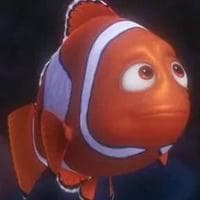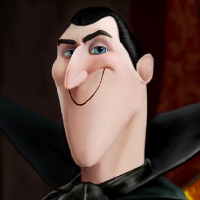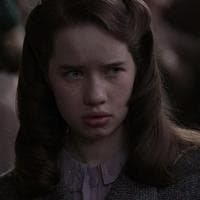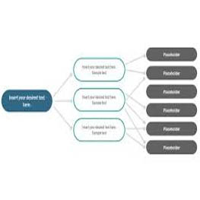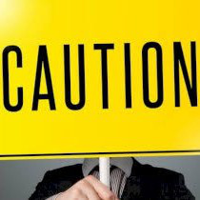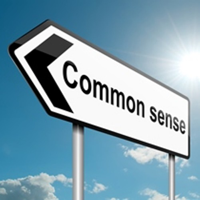Hutch Mansell type de personnalité MBTI
Personnalité
"Quel type de personnalité est Hutch Mansell? Hutch Mansell est un type de personnalité ISTJ dans MBTI, 6w5 - sp/sx - 684 dans Enneagram, RCOAN dans Big 5, LSI dans Socionics."
The votes and comment section in this profile annoy me a lot, because it seems to me that the ones who voted ISTJ, voted because of stereotypes and not because of function analysis, while the ones who are commenting questioning the ISTJ votes seem to not have understood the character's main problem and reasoning, and are also questioning based on stereotypes. His problems were not about him wanting to get into physical action and having to hold back, supressing his dominant Se function, like I saw some people saying. If that were the case, he could have exercised this wish through other ways, like fighting people on the streets or in clandestine places, that could be out of the sight of his superiors. Do you actually believe that a Se-dom would refrain from using a personal logic to get what they wanted because it did not feel safe enough and they had to keep their bosses on the case by informing them constantly? I don't think so, and also, he would not attract attention to himself if he wanted to pretend he did not see the lack of bullets in the thief's gun, and just attacked them. His problems were about how useless he felt by not working anymore in a job which he felt he was good at (Te) and through which he felt he was able to perform some kind of personal sense of justice towards society (Fi), since he would "deal" with people that were just as scum as the people that would hire him. And that's why he would pray to god to find people that he could feel a sense of fairness while fighting, because exerting violence against people that he did not consider evil would not seem right to his principles (Fi). However, his sense of principles were not the only thing important to him, but also his sense of safety (Si) and necessity (Te), and that was why he got sad when he couldn't fight the thieves, after seeing the unloaded gun, 'cause even though it seemed fair to him (since they were "evil" people), it did not seem necessary (Te) to do so, because the gun was unloaded, and that would be exposing himself and his family to too much risk without any need (Si). He shows a fair good use of Fi (empathizing with the thives' family because of his, trying to save the guy in the bus's life etc.), but his Te is also very present trying to use his knowledge in a very practical way in order to achieve the wanted results. So I don't think he could be Te-inf (but I could read arguments for ISFP, though). I also see his Si-dom and Ne-inf in his resistance from changing after he had made a choice. He gave up from his work, and he was unhappy, because he did not feel worthy, it was a bad decision, but he had already taken that decision, so he was very resistant from changing it (Ne-inf), because he would feel that he would be going back not for anything necessary, but for pure selfishness and that would seem too fickle. However, I could understand if someone argued that that was a Ne blind spot in a headstrong Fi-dom sticking to his values (ISFP), but I would disagree for other reasons shown in the movie. He shows Ne-inf when we see that he was very methodic in his job - and even after leaving it, he was still very routine oriented -, and changing what he was used to do, leaving everything behind, took a great effort from him. Since he was very methodic in his job, when he needed to fight while improvising a bit, he was very sloppy and barely made it to the end. Besides, the scenes when he would organize the people he shot in line, and then remember of a similar situation and start to tell a story about his past connecting the two things, but taking too long because he wanted to remember the precise details, like the type of gun he was using at the time, was very introverted sensorial. Finally, I don't know if his enneagram and instinctual variants are correct though, so I won't vote that.










